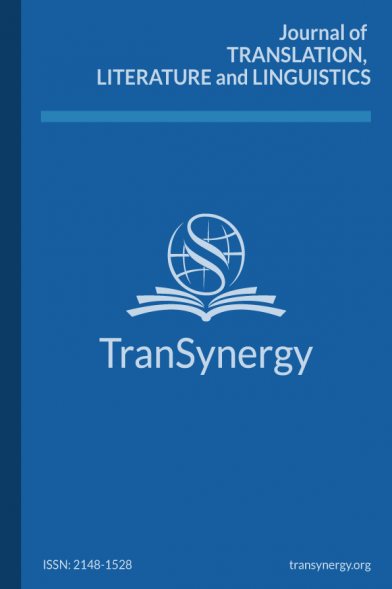The Sound of Silence: Through “Things Fall Apart” by Achebe and “Wide Sargasso Sea” by Rhys
colonialism, patriarchy, Wide Sargasso Sea, Things Fall Apart
The Sound of Silence: Through “Things Fall Apart” by Achebe and “Wide Sargasso Sea” by Rhys
colonialism, patriarchy, Wide Sargasso Sea, Things Fall Apart,
___
Achebe, C. (1978). An image of Africa. Research in African Literatures, 9(1), 1-15.
Achebe, C. (1995). Things fall apart. Knopf Doubleday Publishing Group.
Bratlinger, P. (1985). Heart of Darkness: Anti-imperialism, racism, or impressionism? Criticism, 27(4), 363-385.
Brogdon, J. M. (2012). Reverential feminism: (Re)considering the status of women in the African novel. The Corinthian, 13(7), 85-95.
Brontë, E. (1994). Jane Eyre. Penguin Popular Classics.
Conrad, J. (2006). Heart of darkness (4th Ed.). WW. Norton & Company.
Guerard, A. J. (1958). Conrad the novelist. Harvard University Press.
Hawkins, H. (1982). The issue of racism in Heart of Darkness. Conradiana, 11(3), 163-171.
McLeod, J. (2010). Beginning postcolonialism. Manchester University Press.
Mellown, E. W. (1972). Character and themes in the novels of Jean Rhys. Contemporary Literature, 13(4), 458-475.
Oxford University Press. (n.d.). Nineteenth-century English: An overview. In Oxford English Dictionary. Retrieved December 15, 2023, from https://www.oed.com/discover/nineteenth-century-english-an-overview
Rhys, J. (1997). Wide Sargasso Sea. Penguin.
Rhoads, D. A. (1993). Culture in Chinua Achebe’s Things Fall Apart. African Studies Review, 36(2), 61–72.
Strong-Leek, L. (2001). Reading as a woman: Chinua Achebe’s Things Fall Apart and feminist criticism. African Studies Quarterly, 5(2), 29-35.
Töngür, A. N. (2022). From colonial to postcolonial: Dissemination of the English language. TranSynergy, 1(1), 1-8.
- ISSN: 2979-9503
- Yayın Aralığı: Yılda 2 Sayı
- Başlangıç: 19.12.2022
The Sound of Silence: Through “Things Fall Apart” by Achebe and “Wide Sargasso Sea” by Rhys
Translating Secondary World Infrastructures: Re-creating the World-Building of Semley’s Necklace
Analysis of Türkiye’s National Translation Capacity
The Seventh Function of Language A Novel: The Linguistic Turn in Fiction
